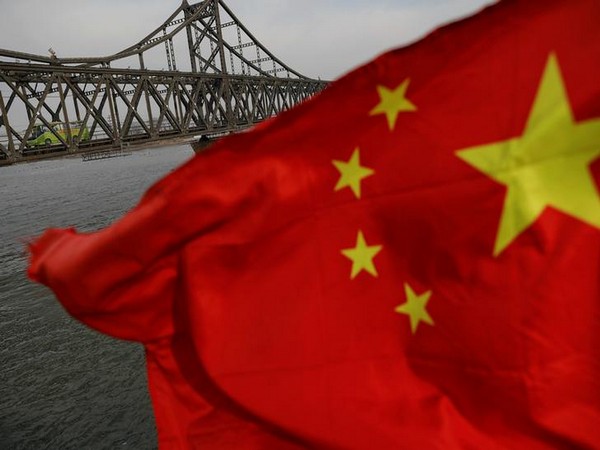On March 12, while the Two Sessions were coming to their conclusion, the Cyberspace Administration of China launched a new crackdown operation on the Internet, this time targeting “self-media,” by which it means news independently created and posted on social media or the Web by independent netizens who are not registered as journalists. The Administration laments that some “self-media” producers imitate the presentations and style of mainline media to deceive readers and enhance their credibility, but the problem as usual is that through “self-media,” comments and news the CCP does not like can be published and circulated.
The directive should be implemented for a cleaning up period of two months by the Internet Information Offices of the CCP Committees of each province, autonomous region, and municipality directly under the Central Government, and the Internet Information Office of the CCP Committee of Xinjiang Production and Construction Corps (a state within the state in Xinjiang).
Quoting Xi Jinping, who is obsessed by the CCP’s lack of success in controlling the web and often sees a “chaos” there, the directive calls these offices to “rectify the chaos of self-media, solve deep-seated problems such as the distortion of information content by self-media and … maintain a good order in the dissemination of online information content.” Social media and other platforms are expected to cooperate through preventive and successive control of what is posted. The aim is to “resolutely crack down on prominent issues such as self-media spreading rumors,” “harmful information and fake news.”
What happens, the CCP says, is that “self-media” “fabricate false events, bizarre stories, falsify the causes, details, progress or results of certain incidents, and create rumors out of nothing.” Other “self-media” may subtly spread prohibited content by fabricating false “Chinese classics or texts by early revolutionaries.”
Sectors where information should not escape control, the directive says, include “public policy, the macroeconomic situation, major disasters, hotly debated incidents, etc., taking them out of context, distorting their interpretation, distorting right and wrong to launch attacks, exaggerating tragedy and inciting confrontation, creating harmful information that damages the image of the CCP and the government and interferes with the economic and social development.”
Even when the information is true, “malicious hype” may still be used to criticize or damage the Party and the government. And even when the “self-media” simply reproduce information officially approved by the CCP, they may still cause harm by including “improper comments, non-approved interpretations, or one-sided misinterpretations of government policies or hotly debated events.”
The repeated references to “hotly debated events” show that the CCP is well aware of the damage caused by hundreds of thousands of “self-media” reports about cases such as the “chained mother of eight” and the disappearance of student Hu Xinyu. And of course “self-media” also offered non-official information about the COVID quarantines and related protests.
Whether Xi’s dream of an Internet totally controlled by the CCP, where all news would be official Party-approved news, will come true remains to be seen. But certainly China is implementing the most massive system of surveillance and control the world has ever seen.

